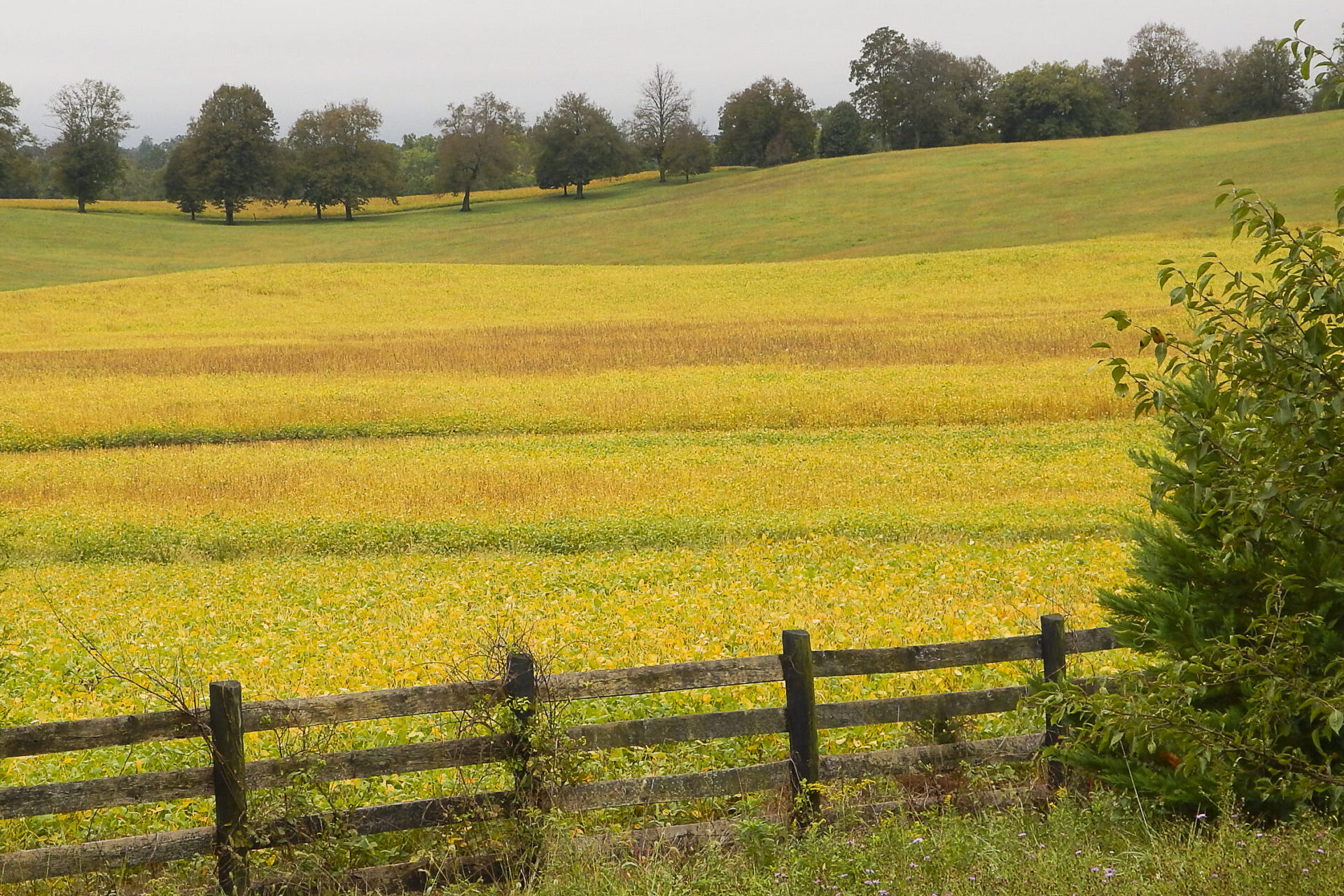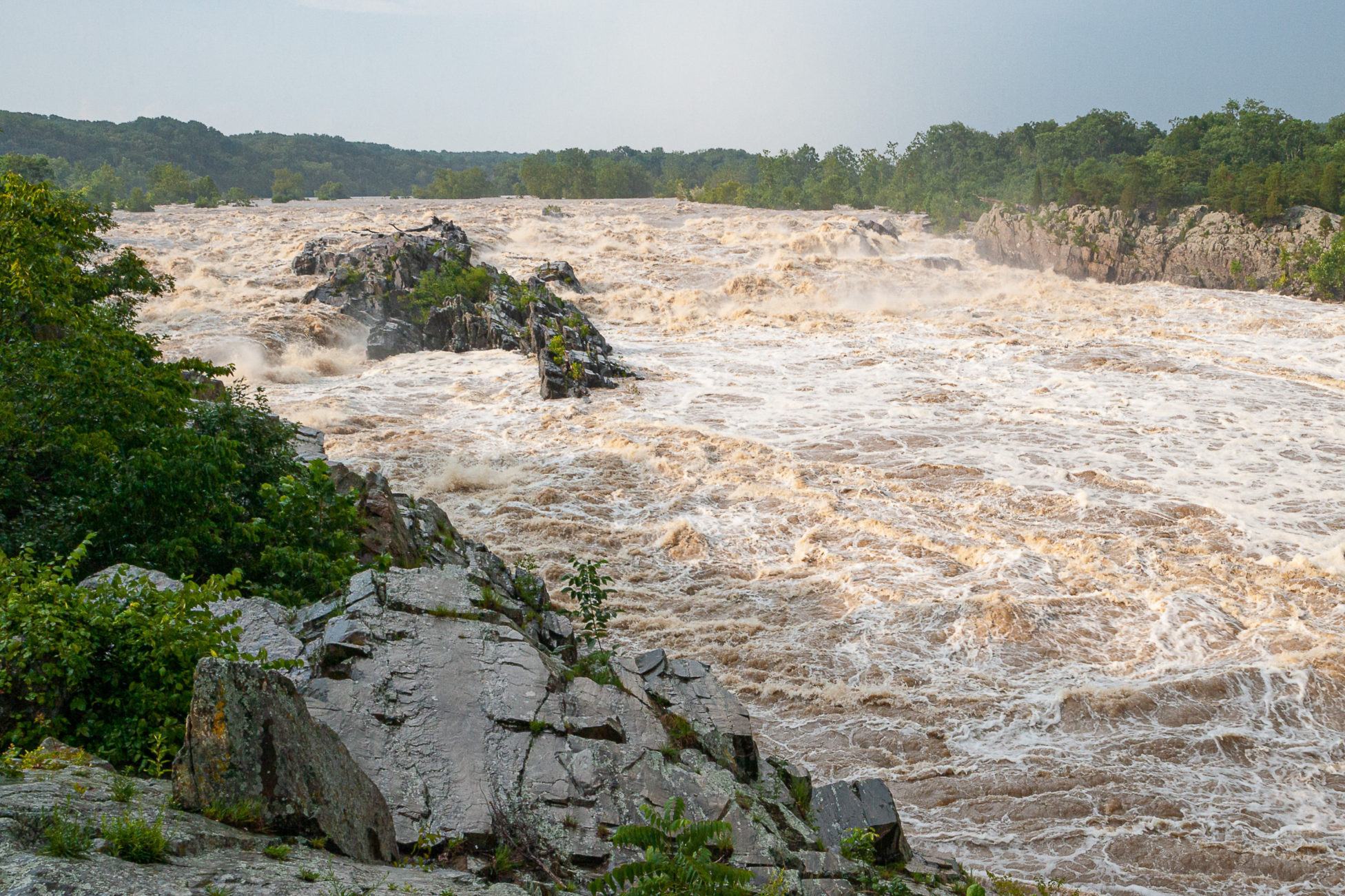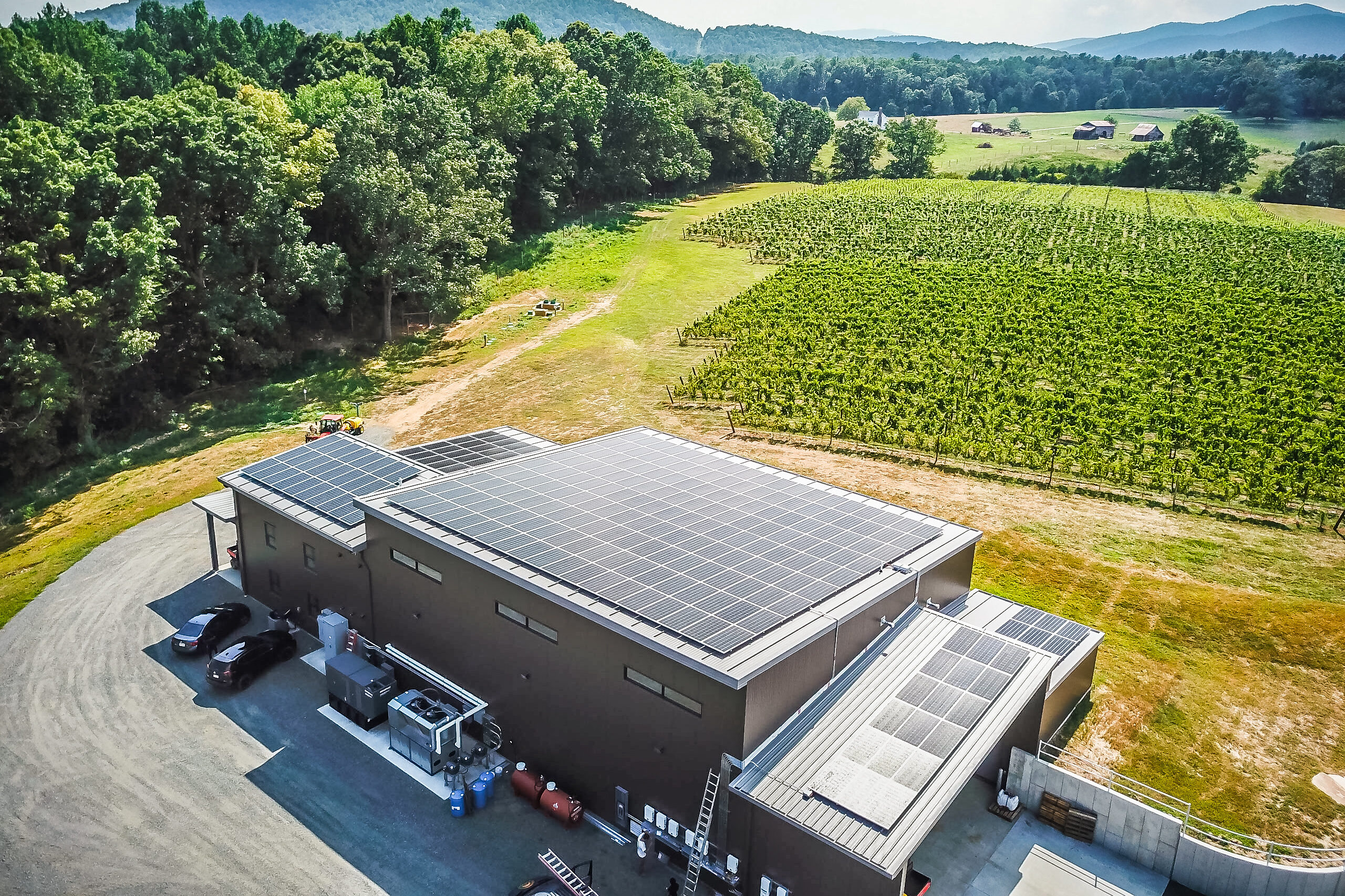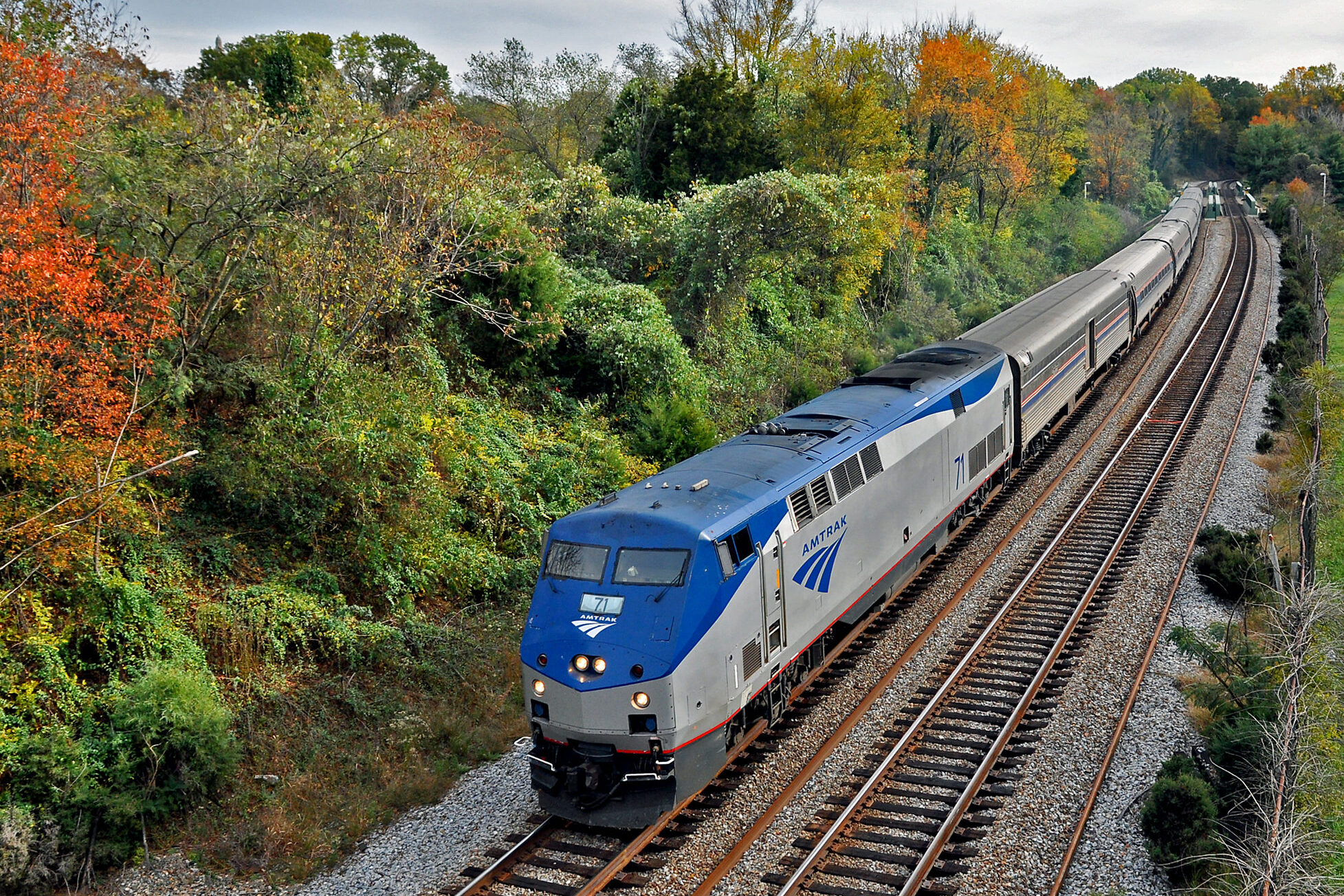Equitable & Inclusive Government Policy: Review of the 2022 General Assembly Session
Welcome to Virginia Conservation Network’s review of Equitable & Inclusive Government Policies from the 2022 General Assembly session. This past session, VCN tracked over 200 pieces of legislation and took a position on 122 bills. This year, changes in state leadership kept the conservation community on the defensive as we fought to protect our clean energy and climate policy progress that we have made over the last few years. VCN opposed 32 pieces of legislation, and thanks to the highly-coordinated, strong advocacy from our Partners we are proud to see 29 of those opposed bills defeated. Despite the increased opposition compared to previous several years, VCN and our partners continued to advocate and support the development of strong conservation policy. Of the 80 bills which VCN supported, 33 bills are headed to the Governor’s desk to be signed into law! To see the status of all of VCN’s tracked legislation and the policy outcomes, see our Bill Tracker.
The conservation community was on the defense to protect sound environmental governing practices. Of our 12 Equitable & Inclusive Government policy positions, we are relieved to see 4 of our 5 opposed bills defeated. Unfortunately, no supported bills made it out of session this year, but we will continue to work with our partners to ensure environmental justice and government transparency are the foundation of Virginia’s legislation. See all positions and the outcomes of these bills in our Equitable & Inclusive Government Bill Tracker below.
OPPOSING BAD GOVERNING POLICY
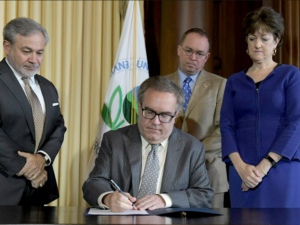
The conservation community successfully defeated the nomination of Andrew Wheeler for the Secretary of Natural & Historic Resources position.
Secretary of Natural & Historic Resources
It is rare for any Cabinet Secretary positions to be opposed by the General Assembly, and the Virginia Conservation Network has never weighed in on Cabinet Secretary nominations in its 50+ year history. However, our partnership of 150+ environmental organizations sent a letter publicly calling on Governor Glenn Youngkin to withdraw his nomination of former EPA Chief, Andrew Wheeler, for the Secretary of Natural and Historic Resources role. The call was echoed through the conservation community, the General Assembly, and by the General Public.
While Governor Youngkin never withdrew the nomination, Senate Democrats ultimately blocked the appointment. And though Youngkin recently appointed Wheeler as his senior advisor, he has been prevented from holding official office. Youngkin’s Deputy Secretary of Natural and Historic Resources, Travis Voyles, will serve as acting secretary of natural and historic resources. To learn more about this unprecedented move in Virginia’s environmental policy history, read our letter to Governor Youngkin here and read about Wheeler’s environmental record here.
Defending Citizen Boards
HB1261 (Bloxom), SB81 (Stanley), SB657 (Stanley & Stuart)
Citizen Boards play a key role in Virginia’s regulatory framework for protecting the environment by including citizen participation in certain regulatory and permitting decisions. However, civic participation in environmental permitting decisions were under attack through a series of bills this legislative session. Read more about the importance of citizen boards and the bills’ details in our Bill of the Day post.
Ultimately, SB657 passed. However, thanks to diligent advocacy from our Partners at SELC, James River Association, Chesapeake Bay Foundation, and Appalachian Voices, Senator Stuart’s bill was amended to restore the public participation process in permitting. While we still opposed the underlying policy of the bill, we are happy to see the public participation component restored.
Maintaining Pollution Regulation
HB208 (Webert), SB712 (Stanley)
Thanks to advocacy from the Sierra Club, bills to exempt longstanding pollution regulation were defeated this session! The bills would have created the “Department of Regulatory Innovation and the Regulatory Sandbox” and would have allowed permittees to be exempt from pollutant regulations under the guise of innovation.
SUPPORTING EQUITABLE & INCLUSIVE GOVERNMENT POLICY
Regulating Our Utility Monopolies
HB71 (Ware), HB588 (Hudson), SB45 (Petersen), SB568 (Stuart)
Our old favorite was back again: A series of bills to prohibit public utility monopolies from contributing to the political campaigns and committees of the same government officials who are tasked with regulating them were introduced again this session. While they were ultimately defeated, these bills gained more traction this year, even receiving unprecedented support from newly-elected Governor Youngkin. We look forward to advocating for this legislation with our partners until it is made law.
VCN and our partners also supported legislation to allow the SCC to set utility’s future rates based on the future cost of service. Instead of being forced to keep energy bills unnecessarily high due to arbitrary anti-consumer constraints, regulators would be able to set just and reasonable rates. Unfortunately, HB588 was defeated, but we will continue our work to make our utilities function in the public’s interest.
Environmental Justice & Education
HB636 (Carr), HB1276 (Simonds)
VCN and our partners are dedicated to ensuring environmental justice throughout the Commonwealth. We are disheartened to see Delegate Simond’s bill to simply encourage localities to include a healthy communities strategy in their comprehensive planning process die this session. We will continue to work as a coalition, and especially our partners at Virginia Interfaith Power & Light, to make environmental justice the foundation of our environmental policy.
Carr’s environmental education bill also died this session. The bill would have established a Virginia student environmental literacy plan to prepare students to understand the major environmental challenges our state and country face. Led by support from Friends of the Rappahannock, we will continue to equitably promote environmental education in our public school systems.
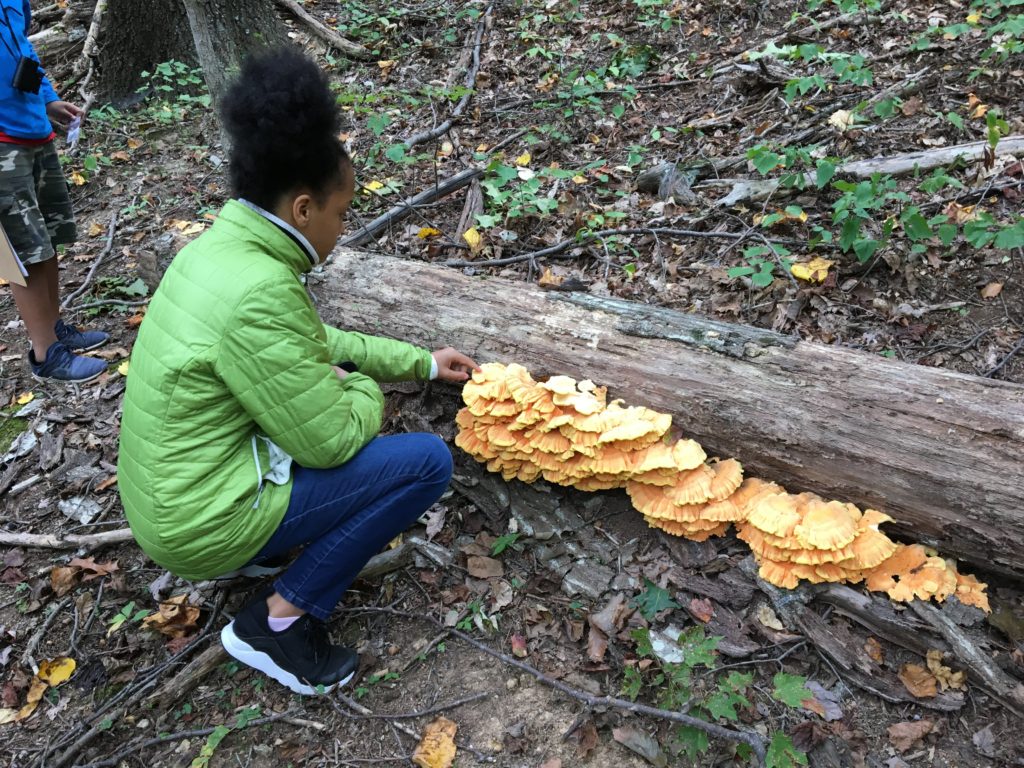
Student studying their local ecosystem through the Big Brothers Big Sisters Program. Image credit: Bette Dzamba
More 2022 General Assembly Policy Reviews
See policy reviews for our other issues areas from the 2022 General Assembly session below:

